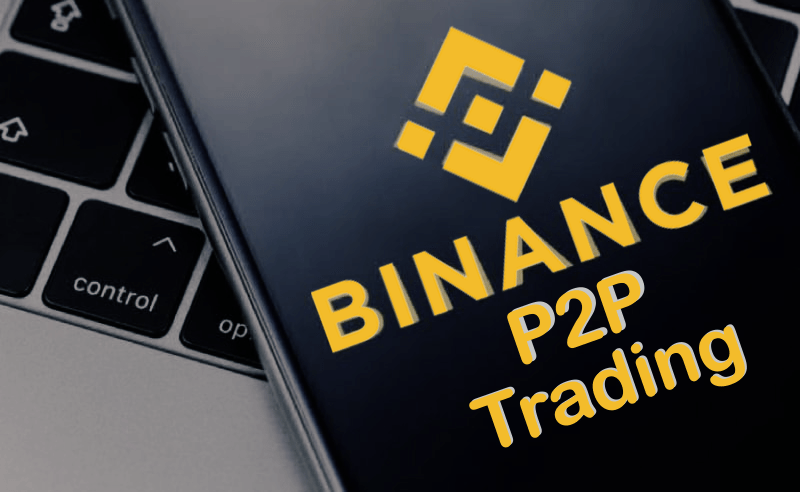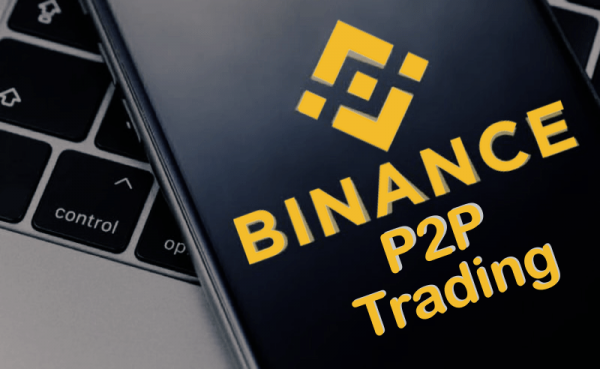Early in February, the CBN directed all banks in Nigeria to stop processing cryptocurrency-related transactions and to close accounts belonging to individuals or institutions involved in buying and selling cryptos.
At the time, most people affected were uncertain about whether they could carry on with trading digital currency. The CBN’s action had effectively severed links between crypto exchanges and banks, so they could no longer fund their trading wallets directly from their bank accounts.
Read more about FinTech
But the apex bank had only restricted links between crypto exchanges and regulated financial institutions. All the individuals concerned had to do was to find a way to do it without violating the new rules.
Peer-to-Peer exchanges have emerged as a solution. And the most well-known of these exchanges—Binance –has just announced new features on its platforms that help Nigerians go on with trading cryptocurrencies despite the CBN’s barriers.
What Is Peer To Peer (P2P) Exchange?
In the Peer-to-Peer (P2P) model of cryptocurrency trading, the two parties involved engage each other directly. That is, one person buys cryptocurrencies like Bitcoin or Ethereum from (or sells to) the other person directly.
This is different from the ‘traditional’ model of crypto exchanges, in which the platform functions as a mediator between buyer and seller. Here, the platform (not individuals) offers cryptocurrencies to buyers at prevailing market rates. It also links to users’ bank accounts.
With P2P exchanges, individuals don’t have to receive payments to their bank accounts from the platform. That’s because they are trading directly with other users like themselves. If they want to buy cryptocurrencies, they May transfer funds directly to the seller’s bank accounts and receive the cryptocurrency from him or her.
The transaction registers as having happened between two people, just like any other bank transfer unrelated to crypto exchanges. And this is why it’s seen as a way around the CBN’s restrictions.
How The Binance P2P Exchange Works
Digital marketplaces like Binance are aware of the risk of fraud occurring in transactions between strangers. So they’ve set up an escrow system that prevents this from happening.
An escrow is an arrangement in which the crypto trading platform (in this case, Binance) holds the cryptocurrency and only releases it to the buyer if the seller confirms receiving payment (or the buyer confirms making the payment).
Here’s how the Binance P2P exchange works:
Step One: Place Your Order
If you’re registered on the Binance platform, you can place an order to buy or sell cryptocurrency. Binance will hold the cryptocurrency until the transaction is completed.
Step Two: Engage The Buyer/Seller
Parties intending to initiate a transaction should connect and have a conversation about it on the platform (taking the conversation outside of Binance increases the likelihood of fraud). Chat history could prove useful if there’s a dispute over the transaction later on.
Find our comprehensive listings of businesses in Nigeria here https://businesses.connectnigeria.com/
Step Three: Pay or Deliver Cryptocurrency
You can pay the seller directly (via bank transfer or other means), and inform them that you have done so by clicking the ‘confirm’ button. Sellers should wait for confirmation of payment before releasing the cryptos.
Step Four: Complete Transaction
Typically, trades happen without any disputes. But if the seller doesn’t release the cryptocurrency to the buyer after receiving payment, the buyer can appeal to the Binance platform. If the buyer’s claim is found to be true, the platform will deliver the cryptocurrency to them. Also, if the seller doesn’t receive payment for their cryptocurrency, it won’t be released to the buyer.
New Features For Nigerian Users Binance
Binance has introduced new features designed to make trading easier for Nigerians in the wake of constraints ordered by the CBN.
First, it’s added the FIAT/NGN pair to its P2P trading platform. This allows its users to trade their naira balances. You can transfer money to another user’s bank account (from yours) and get your wallet on the platform credited by that person. So trades can carry on without violating CBN rules.
Binance has also launched the Express Mode for buying and selling Bitcoin, Ethereum, Binance Coin (BNB), and others. With it, users can place direct orders by entering the cryptocurrency and fiat (regular currency, e.g. naira) amount and the payment method they prefer. Their orders will be matched with the best prices available on the P2P exchange.
Featured Image Source: Pinterest
Got a suggestion? Contact us: [email protected]


